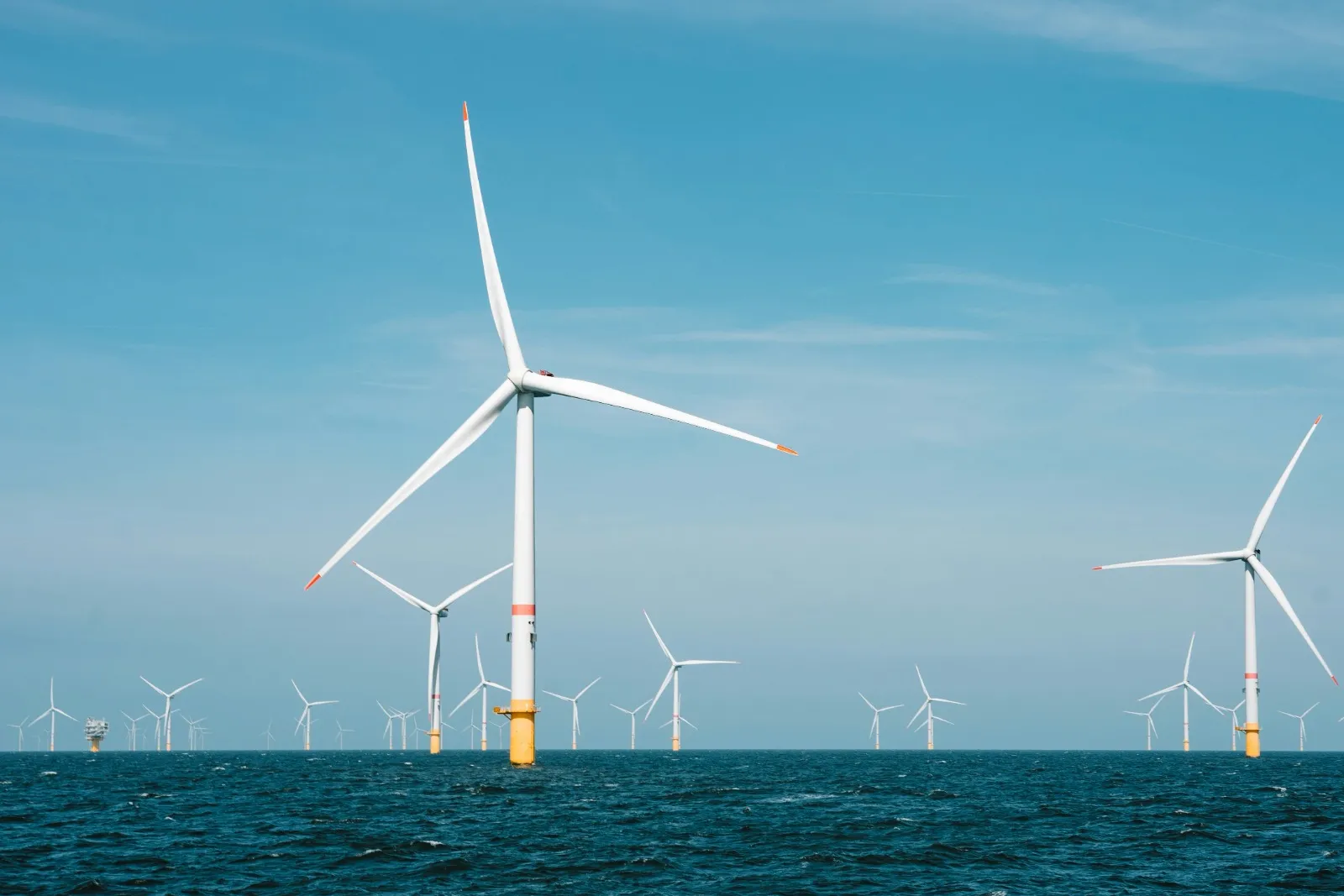Top-down regulation will undermine public support for green energy

By Paul Noonan, Lead Copywriter, Aspectus Group
Developing a renewable energy system that balances the fickle energy of the elements with fluctuating demand will require that companies and customers join forces in a collective endeavour to balance the grid. We have long known that since we cannot control the supply of wind or sun, we must instead manage demand. This entails a sea-change in consumer behaviour to continuously synchronise personal work and leisure practices with systemic requirements.
Demand-side management with the participation of consumers will require major technological innovations, communications programmes and market mechanisms that encourage renewable energy users to think and act collaboratively rather than as individual consumers. The seemingly faster, easier route is to stabilise green grids through supply-side control of consumption and production. Yet this also risks undermining public support by feeding the narrative of a grid dictated by producer rather than public.
Enforcing energy efficiency without consent
Smart meters epitomise this. Originally promoted as improving energy efficiency by engaging consumers in managing usage, they are instead being used by some suppliers to remotely control consumption. In the US some consumers have complained of their home heating being remotely adjusted without consent to save energy. Some suppliers have even used smart meters to remotely ration power and reduce grid loads in emergency scenarios. And research shows so-called ‘controlled blackouts’ disproportionately affect ethnic minority areas, regardless of income status. It is not hard to see how this creates a negative public perception of smart grids and undermines public support for renewable energy.
And production is increasingly as rigidly regulated as consumption. New laws could force UK boiler firms to make heat pumps and penalise them for low sales, which the Chief Executive of the Energy and Utilities Alliance called “Soviet-style production planning”. Pushing unpopular products on consumers by taking away the alternatives will drive widespread disenchantment with renewable energy. Far from decentralising grids, this creates a perception of intrusive, interventionist energy systems that disempower consumers.
An alternative participatory energy system
There is another way of enlisting consumers to help decarbonise and stabilise grids while maintaining consumer choice and keeping the public on side. Balancing supply and demand without onerous control requires the democratisation of energy systems to engage communities in participatory energy management.
Technologies such as vehicle-to-grid, hydrogen or solar self-generation and smart storage systems could be combined with peer-to-peer energy markets to incentivise a consumer-driven sharing economy of energy, creating flexible grids. We could create off-the-grid businesses, universities or local authorities generating and circulating power horizontally across communities. These technologies could also deliver major benefits to users, with some solar self-generation systems delivering 30% fixed energy savings.
Disruptive technologies such as hydrogen home heating systems could provide popular alternatives to conventional technologies, driving decarbonisation through innovation rather than regulation. Data-driven flexible charging based on live price, market and weather forecasts could simultaneously stabilise the grid and reduce consumer energy costs in real-time. Mobile apps linked to smart meters can simultaneously enable customers to remotely monitor and control energy costs in real-time, incentivising energy-efficiency and reducing household bills. More consumer participation would help producers too; it is estimated the National Grid could have saved £133 million during lockdown by harnessing the latent storage potential in millions of consumer car batteries. Far from creating a top-down grid that regulates supply and demand, we should create a two-way flow of electricity as well as data between public and producer that creates a bottom-up energy system.
Decentralising grids should be allied with a communications strategy that repositions renewables not as a cost and an imposition but as a means of empowering consumers to control their own energy and living costs. Decentralised energy should be promoted not in terms of balancing the grid but freeing people from global market instability and price volatility by giving consumers control of their power and thus cost of living. Instead of supply-side regulation, we should use market innovation and persuasion to drive grids that balance supply and demand with public participation.

